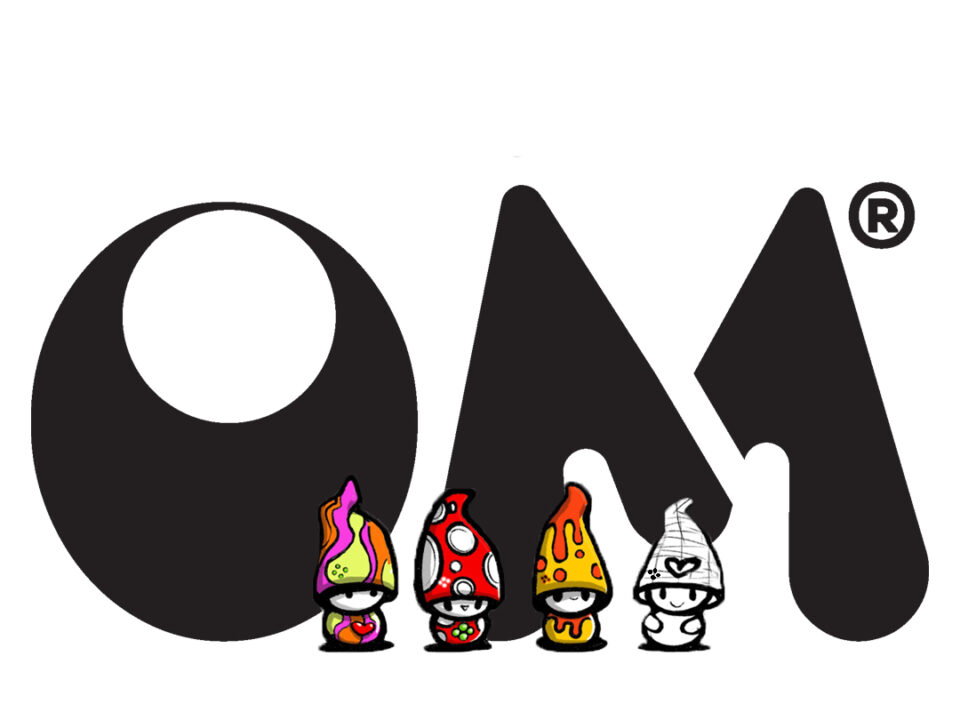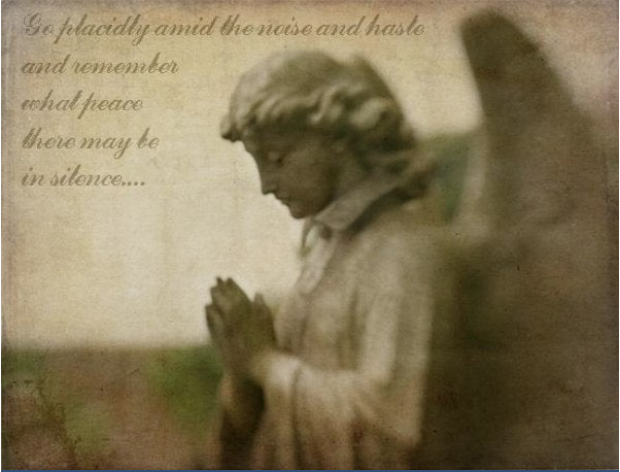Going the extra mile: Casey, Spencer & the Kandahar connection . . . .
March 9, 2012Sowing the seeds of love: Bob, Bogart & the bus of kindness . . . .
March 16, 2012
He travelled in terror, his path perilous and his chances slim.
From Schwerin, in divided Germany’s North-Eastern corner, 120 stomach-churning miles, constant danger his sole companion.
His name, Peter von Dsikowitsky, an orphan, all alone, moving towards the maelstrom.
His years, just 11, his tale, remarkable.
It is one that proves that, even in the darkest places imaginable, a little light can always be discovered . . . .
That there is humanity, even in Hell. That compassion can overcome chaos.
It has just reached our studio – here in Saunderstown, Rhode Island – but Peter’s tale is from a different age, a time six decades ago, division and disconnection the defining characteristics.
In post-War Berlin, the Iron Curtain had been drawn.
Little Peter von Dsikowitsky, his parents taken from him at the time he needed them most, found himself on the wrong side . . . .
In East Germany, living in unenviable conditions, grieving, afraid and isolated.
He did, at least, still have a grandmother, although she had her own issues.
Deaf, aged and ill, she found herself unable to give Peter the care he required.
Schwerin’s Communist authorities had a solution.
But the 11-year-old and his grandmother agreed, sending him to live at the local orphanage was something that had to be avoided at all costs.
One morning, risking both their lives, Peter’s grandmother gave him all her money, packed him a small bag and sent him to the nearest train station.
Following her instructions, Peter bought a ticket for Berlin, riot-torn and seething, perhaps the most dangerous place on the planet. In doing so, he had exposed himself to the greatest risk imaginable.
He came close to capture before the train had reached Berlin, but for some reason, the Communist Police officers scrutinizing documents decided not to disturb the small boy, pretending to sleep.
Chance played its part, for sure, but from that point on, kindness took over.
Putting his trust in strangers, Peter met a man who helped him travel across East Berlin, reaching the Western Frontier just before nightfall.
There, he encountered a charitable woman who offered him a bed for the night.
This, just days after the Workers’ Revolt against Soviet rule began.
This, just hours after a 15-year-old who jeered the so-called Peoples’ Police was machine-gunned to death.
This, at a time when to not have the relevant papers – or to be found aiding the undocumented – could have dire consequences.
Despite the risks, Peter von Dsikowitsky’s helpers proved plentiful, their efforts admirable.
The unlikeliest ally, the Strassenverstrauensmann, the neighborhood official responsible for checking everyone’s paperwork in his precinct.
For some reason, Peter’s plight touched his heart, prompting him – at no small risk – to compose a letter urging the border guards to let him pass unharmed.
It did the trick, an officer from the Peoples’ Police even escorting him across the border in a patrol car.
Leaving behind the bloodshed, the barbed-wire fences and the barbarism . . . .
Escaping the orphanage, reaching long-lost relatives.
Entering a place better connected, somewhere safer, consigning division and danger to his past.
Peter left countless others behind, that much is true, but this little-known tale is one that – for us, at least – is precious in its message . . . .
That no matter the division’s depth, that no matter the differences, that no matter the risk, compassion and kindness can always prosper . . . .
That no matter the history, the rhetoric or the resolve, this life is all about humanity, people and the little things that link us together and make us one.
Peter von Dsikowitsky’s tale should inspire us all, to put our differences to one side, to put ourselves in the firing line for others from time to time and to do all that is in our power to help our fellow human beings.
Here in our studio, each OM created today will be dedicated to the memory of Peter von Dsikowitsky, and all those who helped him in 1953.
Here’s to humanity, here’s to them.




